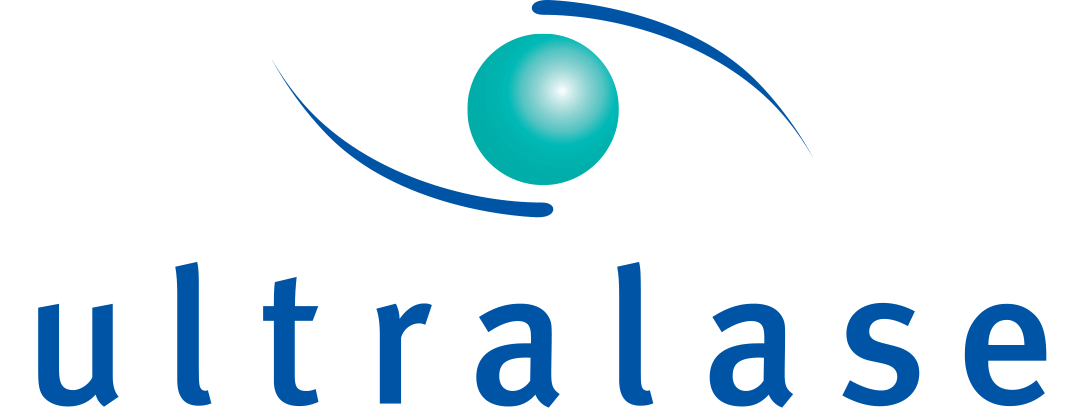Exploring the World of Lens Surgery
26 September 2023

If you're tired of dealing with glasses or contact lenses, there's a fantastic solution out there for you: lens surgery. Lens surgery can free you from the hassles of glasses and contacts, offering you the same benefits as laser correction but without the laser itself. Whether you struggle with nearsightedness, farsightedness, or astigmatism, lens surgery has a variety of procedures to tackle your vision problems and liberate you from those frames or lenses.
Cataract Surgery: Regaining Crystal-Clear Vision
Cataract surgery is a popular and highly successful eye procedure performed all over the world. Cataracts happen when the lens of your eye becomes cloudy, leading to blurry vision and difficulty seeing in low light. During cataract surgery, the cloudy lens is removed and swapped out with an artificial intraocular lens (IOL). Let's dive into the three primary types of IOLs used in cataract surgery:
- Monofocal IOLs: These lenses provide sharp vision at a specific focal point, whether it's for up-close tasks, intermediate distances, or far-off objects. Depending on the chosen focal point, you might still need glasses for certain activities.
- Multifocal IOLs: These nifty lenses give you clear vision at various distances, reducing your reliance on glasses for different tasks.
- Toric IOLs: Ideal for folks with astigmatism, toric IOLs correct both cataracts and astigmatism in one go, potentially minimizing the need for glasses after the surgery.
Extended Depth of Focus (EDOF) Lenses: The Future of Clear Vision
Extended Depth of Focus (EDOF) lenses are the cool new kids on the block. Unlike regular Monofocal lenses, these cutting-edge lenses offer you a broader range of focus and effectively tackle common issues like halos and reduced contrast, often associated with Multifocal lenses.
With EDOF lenses, you can enjoy sharp vision over a wider range, covering distances from approximately 100cm to intermediate ones at around 80cm. However, keep in mind that you might still need reading glasses for those up-close tasks.
Refractive Lens Exchange (RLE): A Game Changer for Severe Refractive Errors
Refractive Lens Exchange, also known as clear lens exchange, is an option for those with severe refractive errors, like high myopia (near-sightedness) or hyperopia (farsightedness) that go beyond the limits of LASIK or other laser-based treatments. During RLE, your natural lens is swapped out for an artificial IOL, similar to cataract surgery. You have the same IOL options as in cataract surgery, including monofocal, multifocal, and toric IOLs.
Phakic Intraocular Lens (PIOL) Implantation: A Unique Approach
Phakic intraocular lens implantation is the way to go for people with high refractive errors who aren't suitable candidates for laser vision correction. In this procedure, your natural lens stays put. Instead, an extra IOL is inserted alongside it. These PIOLs work wonders in correcting refractive errors, ensuring light focuses correctly on the retina, and improving your vision.
Implantable Collamer Lenses (ICL): The Versatile Vision Enhancers
ICLs are a type of phakic intraocular lens that involves implanting a collamer lens in front of your natural lens. Collamer is a fantastic material that offers excellent optical properties, and it can correct myopia, hyperopia, and astigmatism. The best part? Recovery is swift, with most patients experiencing better vision just one day after surgery.
ICLs offer the convenience of reversibility, meaning they can be removed if necessary. What sets them apart is their versatility. These lenses can treat pupils up to 8mm in diameter, catering to a wide range of patients with different visual needs.
No matter your vision issue—be it cataracts, severe refractive errors, or high astigmatism—there's a lens surgery option tailored to you. Like any surgical procedure, it's crucial to consult with an experienced ophthalmologist to determine the best lens surgery for your specific condition.
At Ultralase, we've got a range of lens surgery options available, prices start at £3,495 per eye for monofocal treatment. Take the first step towards crystal-clear vision by booking a free consultation or requesting a call back to learn more about our treatments. Say goodbye to glasses and contacts and hello to a world of clear vision!
Back to Blog
